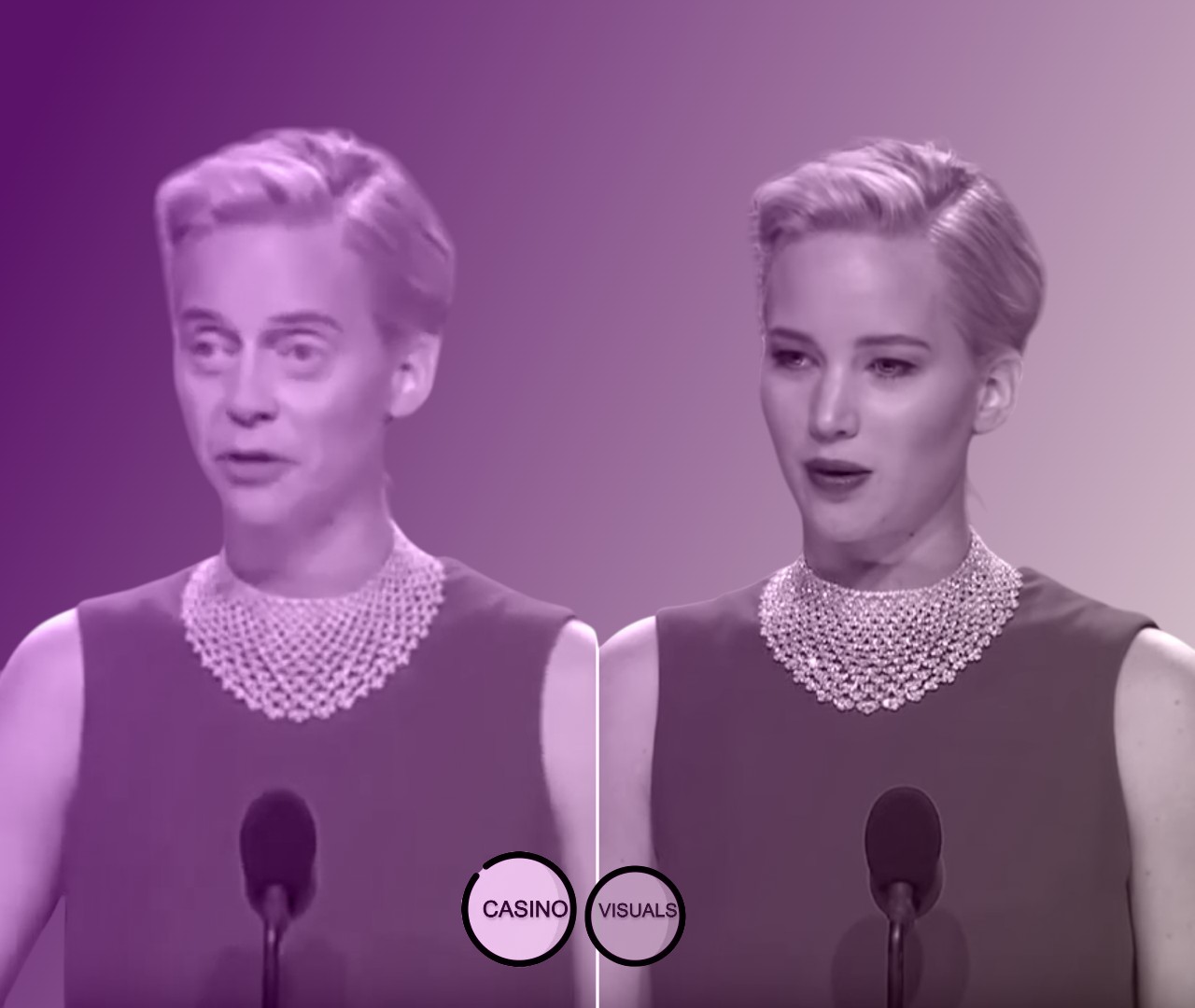
Think of deepfakes like spotting a shady street magician pulling a fast one, but instead of a disappearing rabbit, it’s your wallet vanishing! These scammers are like the Loki of the internet, using deepfake tech to whip up ads so convincing you’d think they’re straight out of a Hollywood blockbuster. Picture your favorite Sky News anchor or even someone as iconic as Virat Kohli popping up in a slick video, hyping a gambling app that’s about as legit as a three-dollar bill. It’s all smoke and mirrors, folks!
Here’s the deal: these crooks slap together deepfake videos; think of them as digital puppets; of trusted celebs or news folks to shill dodgy gambling apps or websites. They sneak these apps onto places like Apple’s App Store, disguised as harmless games you’d play while sipping coffee at a cozy café. But once you’re in, it’s less Candy Crush and more Catch Me Robbing You Blind. These platforms, spread like wildfire on social media (looking at you, Facebook), trick you into dumping cash into unregulated casinos with zero player protections. It’s like handing your money to a raccoon in a trench coat and hoping for a fair deal.
The impact? Oof, it’s rougher than a bad day at the DMV. Users get lured in, only to lose their savings faster than you can say “jackpot.” Worse, these apps often ask for sensitive stuff; think photos of your credit card or ID; which scammers can use to pull off fraud faster than a New York minute. Imagine giving your personal info to a sketchy app, only to find out it’s being traded on the dark web like rare Pokémon cards.
Take that deepfake of Virat Kohli, for example. Fans saw their cricket hero vouching for a betting app and thought, “If Virat’s in, I’m in” Nope, it was a scam slicker than a used car salesman’s pitch. These tricks are everywhere, popping up like dandelions in a meadow, and they’re banking on you trusting that familiar face.
So, next time you see a too-good-to-be-true gambling ad featuring, say, Ellen DeGeneres or your local news anchor, channel your inner Sherlock Holmes and give it a hard pass. Stick to legit platforms, keep your data closer than your morning coffee, and let’s keep the scammers crying into their fake mustaches.
Trust Takes a Tumble
Legit gambling brands, like Caesars or Bet365, spend years building trust, kind of like a baker perfecting a sourdough recipe. But when scammers use deepfakes to peddle fake casinos on platforms like Facebook or Apple’s App Store, players get burned and start side-eyeing all gambling brands. It’s like when one bad apple at the farmer’s market makes you question every fruit stand. Studies, like one from the UK Gambling Commission, show that trust in regulated gambling dips when scams proliferate, as players lump the good with the bad. Authentic brands end up playing defense, spending big bucks on campaigns to scream, “We’re the real deal, promise!”
Revenue Hits a Speed Bump
When players lose cash to unregulated apps; ones that ask for credit card selfies or IDs faster than a shady street vendor; many swear off gambling altogether. It’s like getting food poisoning from a dodgy taco truck and avoiding all tacos, even from your favorite spot. A 2024 report from the American Gaming Association noted a dip in online gambling revenue for legit operators in markets where scams surged, as wary players tightened their wallets. Authentic brands lose out on customers who might’ve been happily betting on their secure platforms, all because scammers crashed the vibe.
Regulatory Heat Turns Up
Governments and regulators, like the FBI or UK’s Advertising Standards Authority, don’t take kindly to deepfake-driven scams. When these cons spread, regulators clamp down harder on everyone in the gambling biz, legit or not. It’s like the whole class getting detention because one kid was passing notes. For example, after deepfake gambling ads spiked in 2024, Australia’s ACMA pushed stricter ad rules, making life tougher for honest brands to market themselves. Legit operators end up wading through red tape thicker than a novel, all while scammers dodge the rules like they’re playing hide-and-seek.
Brand Reputation Gets a Black Eye
Imagine you’re a respected brand like MGM Resorts, and suddenly players are grumbling about “gambling scams” without naming names. The mud sticks, like glitter after a craft project. Deepfake ads, like that Virat Kohli betting app scam, create a haze of bad press that tarnishes even the shiniest brands. Social media amplifies the mess; think X posts ranting about “casino rip-offs”; and legit brands have to hustle to clear their names. They’re forced to pump money into PR, like hiring a cleanup crew after a wild party, just to remind folks they’re not the bad guys.
The Fix? Fighting Fire with Flair
Authentic brands aren’t sitting idly by, twiddling their thumbs like cartoon villains. They’re teaming up with tech wizards to spot deepfakes, kind of like Ghostbusters zapping pesky spirits. They’re also doubling down on player education, launching campaigns as catchy as a pop song to teach folks how to spot legit platforms. For instance, brands like DraftKings rolled out “Know Your Casino” guides, urging players to check licenses and avoid apps that scream “too good to be true.” It’s a slog, but it’s helping legit brands shine brighter than a disco ball.
These illegal gambling scams are like uninvited guests crashing a swanky gala, leaving authentic brands to clean up the mess. They’re battling trust issues, revenue dips, tougher rules, and reputation hits, all while trying to keep the good times rolling for players. So, next time you’re tempted by a flashy gambling ad, channel your inner detective and stick with the brands that play fair; your wallet will thank you, and so will the legit operators fighting the good fight.